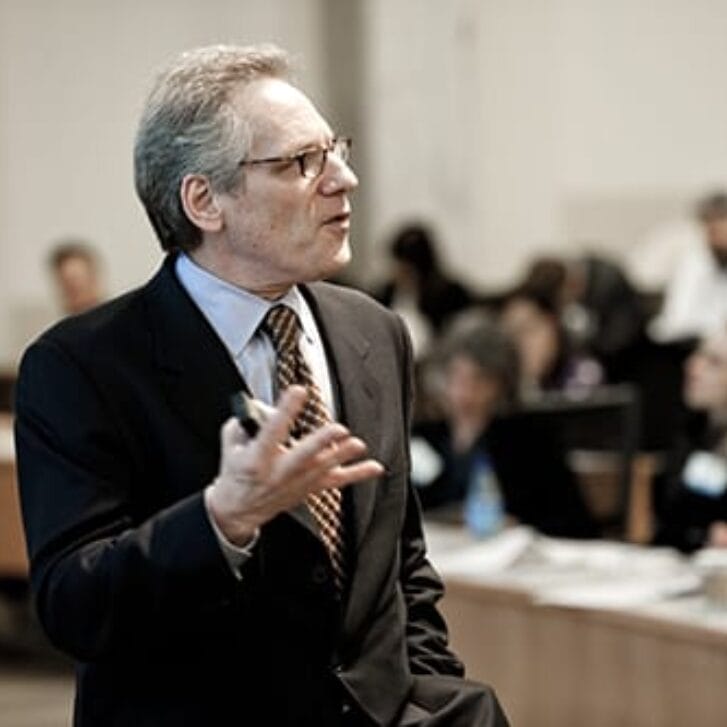On March 10, Patrick Pichette, Google’s chief financial officer for the past seven years, announced he would quit to spend more time with his family. Normally, that would mean that he had been fired. But after reading Pichette’s account of how he reached his retirement decision, I thought that rather than stepping off the ladder of success, he was launching himself to an even higher wrung.
Moreover, his reasoning is clearly consistent with my idea of success as defined by controlling how you spend your time.
In the fall of 2014, Pichette and his wife, Tamar, were on the summit of Mount Kilimanjaro watching the sunrise after a night of climbing.
As Pichette wrote, “And Tamar out of the blue said, ‘Hey, why don’t we just keep on going. Let’s explore Africa, and then turn east to make our way to India—it’s just next door, and we’re here already. Then, we keep going—the Himalayas, Everest, Bali, the Great Barrier Reef … Antarctica, let’s go see Antarctica!?’”
Pichette countered that he had so many people depending on him that he could not follow her suggestion. “But then she asked the killer question: So when is it going to be time? Our time? My time? The questions just hung there in the cold morning African air,” wrote Pichette.
After thinking about her challenge during his late-fall biking trips, Pichette decided that Tamar was right. Their kids were out of the house, he had been working for “25 to 30 years nonstop” and he was about to celebrate his 25th anniversary.
What he did not say—but is most likely true—is that he had made enough money to quit and do what he wanted. He earned over $5 million in 2013, and his Google stock options would have been worth over $100 million in December 2013 had there been a change in control, according to Google’s 2014 proxy.
While he still liked working at Google and appreciated all the friendships he had made, he decided to jump to a higher level of success.
As Pichette concluded, “In the end, life is wonderful, but nonetheless a series of trade offs, especially between business/professional endeavors and family/community. And thankfully, I feel I’m at a point in my life where I no longer have to have to make such tough choices anymore. And for that I am truly grateful. Carpe Diem.”
I think Pichette offers a great model of success. He has made enough money to step away from the world of being always on and responding to the needs of others.
Instead, he is going to do exactly what he wants with the time he has left.
He could keep traveling around the world, and he could interrupt that with some kind of part-time engagement with the working world that would enable him to restore some of the intellectual stimulation he enjoyed from work at Google.
He has not figured this out yet, but he is now taking control of his own journey through life.
When you can do this with enough cash saved up to cover your anticipated future costs, you are achieving true success.
I believe so strongly in this concept that I am working on a book proposal about it.
For that, I need your help. In the next few weeks, I would like to interview interested readers, Wharton alumni and students.
The topics include your feelings about your own success, your role models, what work activities excite you most and whether you are happy with the way you are spending your time.
In exchange for your participation, I would be happy to share with you my research findings.
Please comment below about your thoughts on the definition of success and whether you are interested in participating in an interview. If you are, I will email you the questions I would like to discuss with you.


























